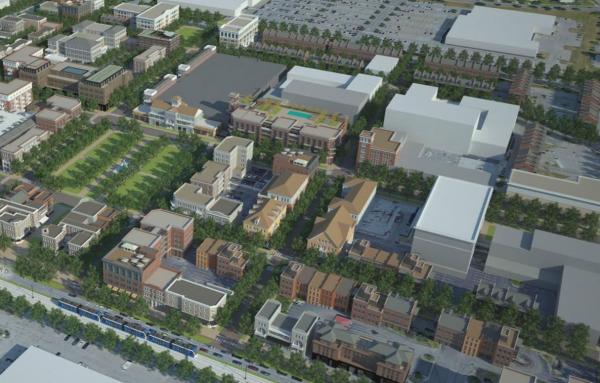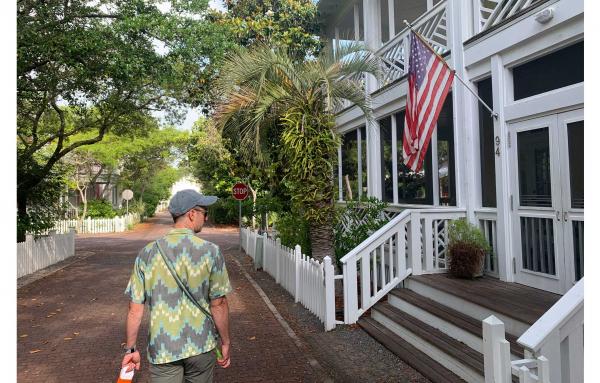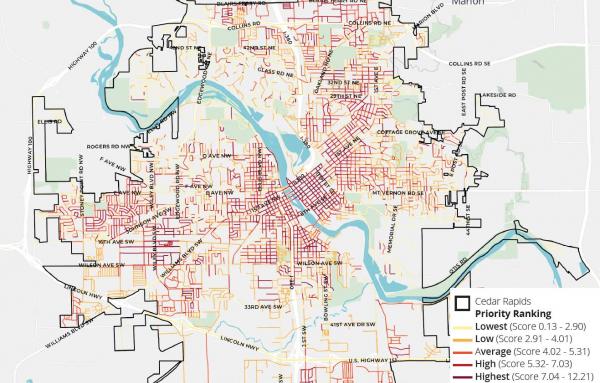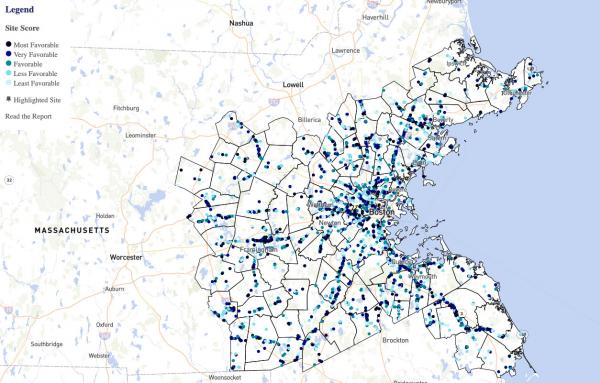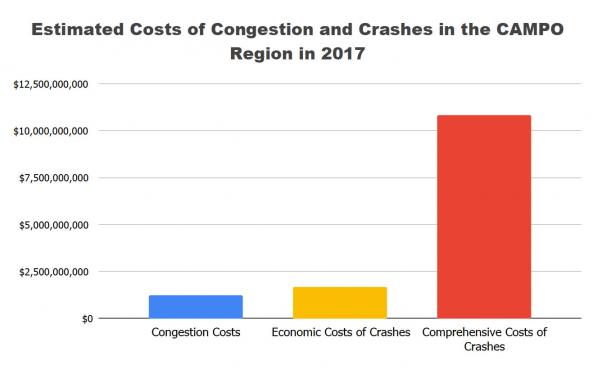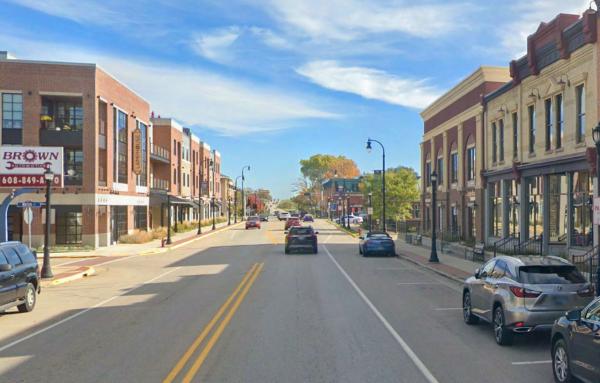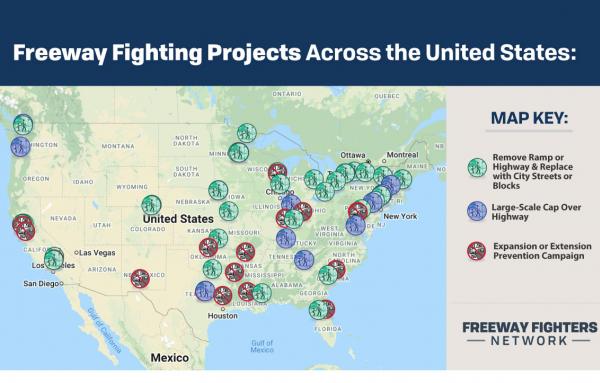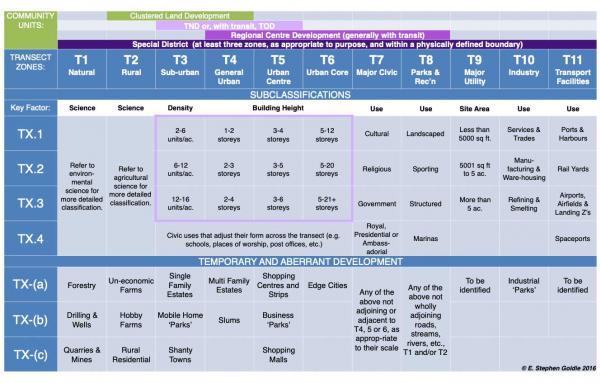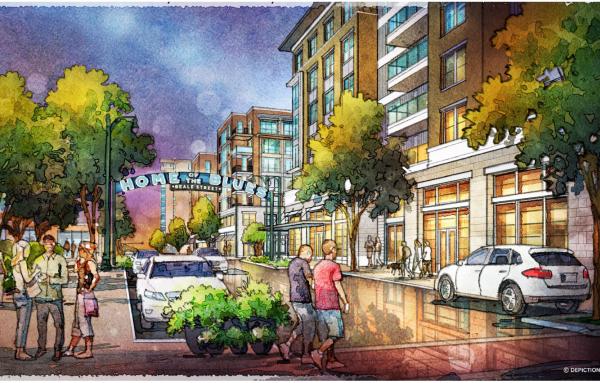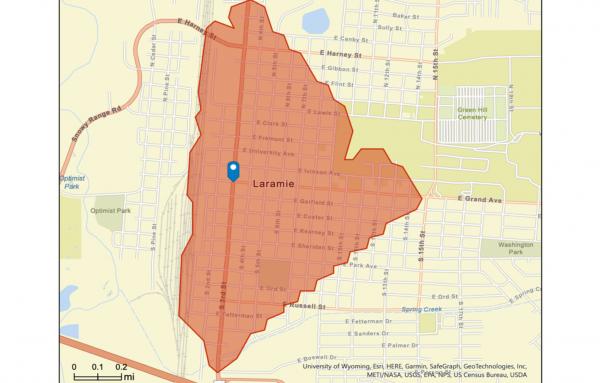RECENT ARTICLES – 2022
CNU led visioning sessions sponsored by US DOT in four cities in 2016, representing a landmark recognition of the wrongs committed in the name of in-city highway building.
As a Southern beach town, Seaside is neither utopia nor stage set. Its great achievement is in demonstrating an alternative to two generations of American sprawl.
YIMBYtown is a movement, functionally adjacent to CNU, that focuses on how to build more housing in urban places. YIMBY and CNU have complementary roles in urbanism.
In just over an hour, Cedar Rapids lost more than half of its trees—the recently adopted plan has lessons for many cities.
Redeveloping the most favorable 10 percent of suburban strip malls in the Boston region would meet a major portion of the area’s housing needs in the next decade, according to a study.
Congestion costs drive highway expansion decisions, but these costs are dwarfed by the impact of automobile crashes. Comparing the two points to a better strategy than widening thoroughfares.
CNU’s Project for Code Reform completed a report for Wisconsin municipalities, Enabling Better Places, building on similar reports for Michigan and Vermont, and one upcoming in New Hampshire.
The CNU-supported network tracks more than 60 local freeway fighting efforts, coordinates collective action, and supports a shift toward multimodal transportation systems.
Despite the pandemic's devastating impact on the office market, downtowns and nearby walkable neighborhoods are looking forward to two decades of growth driven by demographic and economic change.
Laramie, Wyoming, is a case study showing that the 15-minute city is a viable concept far from major metro areas.
